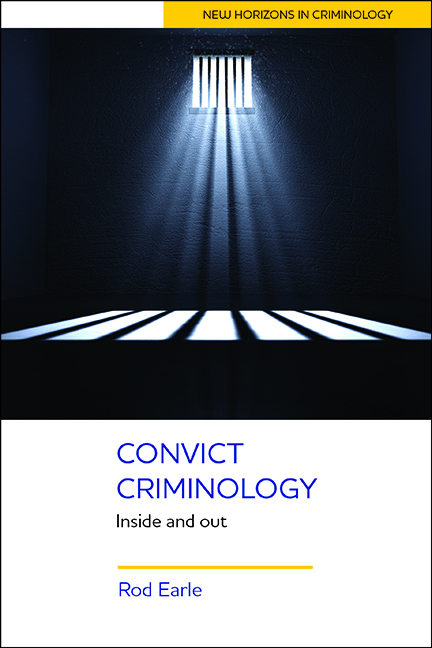six - Race, class, gender: agitate, educate, organise
Published online by Cambridge University Press: 05 April 2022
Summary
DIFFERENT CLASS, COMMON PEOPLE, ORDINARY MEN
Darren struggled at school. Then he started getting arrested for being in cars that didn't belong to their owners anymore. At times he was a danger to himself and to others. He was only 15 years old and no school would have him or he it. In 1992 he started to come to the project I worked at in south London. We provided him with a low-key education, a more tolerant timetable and a series of structured activities designed to capture his imagination, find his talents and thereby keep him out of more trouble. We succeeded in parts. He made some new friends. He reached 16 without going back to court (or to school). He left the cars alone.
Fifteen years later I am in one of the cell blocks at HMP Maidstone and I see him again. He sees me. A glimmer of recognition, but then I get called away to the interview I have arranged. I am profoundly unsettled and upset. I check the prison roll and find his name and identify which cell he is occupying. A few days later as I am doing some more observation and hanging around the cell block during the evening association period, I pop up the stairs to find his cell. I knock and enter. He is sitting on the bed and I say ‘Darren? Isn't it? Remember me, Rod, from the Lambeth project?’ ‘Yeah,’ he says ‘I thought it was you when I see you the other day.’ ‘How you doing?’ I blurt out before I can stop myself, before I realise what a stupid question it is. ‘It's been a bumpy ride, yeah’ he says flatly, answering my question.
At 15 he was a boy with his whole life ahead of him, and now, 15 years later, he is a wreck of a man who tells me that most of it is behind him. He looks forward to nothing. He is on medication for depression. He says has done terrible things, hurt people he loved, done ‘crazy, crazy things, things you wouldn't believe’. He has no-one now, but God helps him he tells me and ‘these people from the church that come to see me’.
- Type
- Chapter
- Information
- Convict CriminologyInside and Out, pp. 95 - 112Publisher: Bristol University PressPrint publication year: 2016



